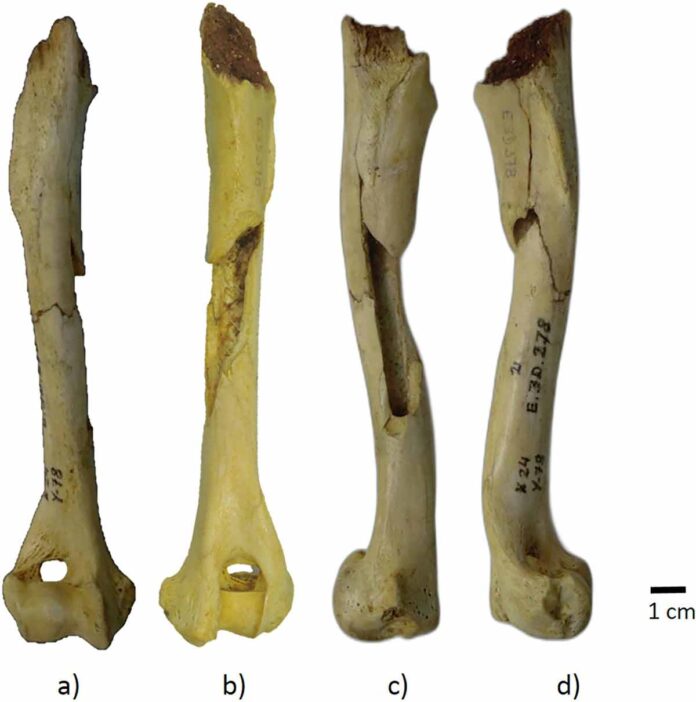According to all available evidence, humans domesticated the dog first. Furthermore, he was the closest to man, who buried him alongside humans 14,000 years ago. On the contrary, it is unclear where or when the relationship between wolves and humans began (in China, Central Asia, the Middle East, or Europe). The humer, discovered in June in the cave of Erralla (Zestoa) by Jes Altuna and now being studied by the UPV. It suggests that humans domesticated wolves much earlier than previously thought.
Altuna was certain that the humer belonged to a dog. But there were no resources at the time to determine which cannid the bone belonged to (wolf, dog, fox, coyote…). It has now been analyzed by a team led by Conchi de la Ra, a researcher in Evolutionary Human Biology at UPV/EHU. Conchi has confirmed that Canis lupus familiaris is a companion dog using morphological, radiometric, and genetic analyses. Furthermore, a. C. He clarifies that the carbon 14 period lasted 15.460-15.146 years. According to this, Erralla’s dog lived during the Upper Paleolithic Magdalenian, making it one of Europe’s oldest companion dogs.
According to researchers, during the Last Maximum Freeze 22,000 years ago, they were protected from freezing in the Franco-Cantabrian area. And there the interaction of palaeolithic hunter-gatherers with wild species such as the wolf could increase.
“These findings raise the possibility that wolf domestication occurred earlier than previously thought. At least in western Europe, where the interaction of Paleolithic hunter-gatherers with wild species. Such as the wolf, may have been boosted in areas of glacial refuge (such as the Franco-Cantabrian) during this period of the climate crisis,” said Conchi de la Ra, head of the Human Evolutionary Biology group.

